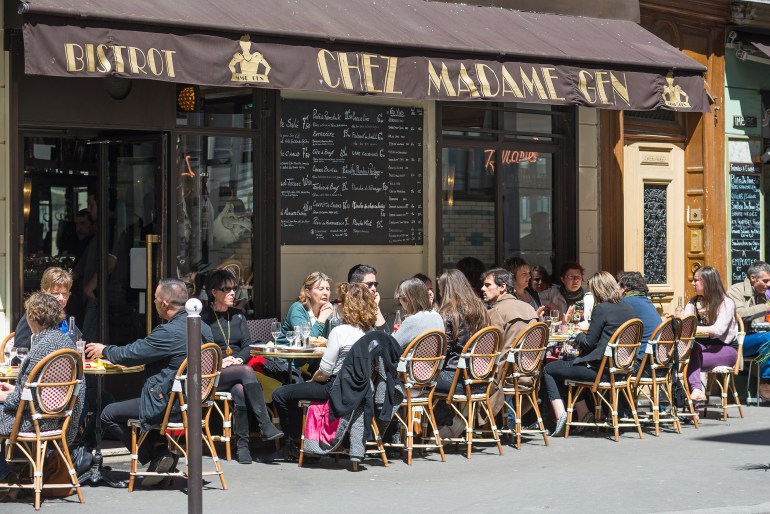If you want to reduce your expenses, there are a set of tricks and recommendations that must be adhered to to modify your consumption behavior, and learn how to stick to the set budget, including not drinking coffee before shopping.
A new study has found that coffee increases people's tendency to buy impulsively, and that drinking coffee before shopping can increase spending.
In a report published in the British "independent" magazine, Vishwam Sankaran said that the research published in the "Journal of Marketing" assesses the impact of caffeine on consumer spending, and whether customers are prone to impulsive purchases after drinking coffee, tea or soda in retail stores. or car agencies.
Caffeine is a stimulant that releases the hormone dopamine in the brain, which excites the mind and body and promotes impulsivity (Shutterstock)
The effect of drinking coffee
According to scientists from the University of South Florida in the United States, understanding how drinking coffee affects spending is important, because caffeine is one of the most powerful legal stimulants widely available.
The study found that consuming a caffeinated beverage before shopping leads to buying more goods and spending more.
The author stated that the effect of coffee was strongest when it came to "high-pleasure" products such as scented candles, perfume, decor items, and massagers, while it was weaker with "low-pleasure" products such as kitchen utensils and storage baskets.
According to the scientists, active arousal enhances the perception of product features, which increases purchase intent for pleasure products such as popcorn and chocolate candy.
Previous studies have shown that consuming 25 to 200 milligrams of caffeine enhances active arousal without having a negative effect.
In the new study, researchers examined the effects of consuming 30 milligrams to 100 milligrams of caffeine, since most energizing drinks contain caffeine in this range.
Studies have shown that the group that consumed more caffeine bought more wellness items (Getty Images)
hands-on experience
The researchers placed an espresso corner near two different retail stores in two major cities in France and outside a department store in Spain. Half of the 300 shoppers in the study were given a cup of caffeinated coffee, while the other half were given decaffeinated coffee or water.
The researchers found that the group that consumed caffeine spent significantly more money and bought more items than those who drank decaffeinated coffee or water.
The study also showed that the group that consumed caffeine bought more pleasure items such as scented candles and perfume.
Studies have shown that consuming 25 to 200 milligrams of caffeine enhances active arousal without having a negative effect (Shutterstock)
Buy a cup of coffee every day
In an article published in the Canadian edition of Readers Digest, the Director of the Community Awareness and Education Program at the Credit Counseling Association, Stacey Janchuk Polksi, says that there are many financial mistakes that many people make, which leads them to unexpectedly increase expenses. And getting into financial problems, including buying a cup of coffee every day.
If you buy a cup of coffee every day on the way to work, this costs you weekly from 10 to 50 dollars, and if you multiply this amount by 52 weeks, the cost becomes from 520 to 2,600 dollars annually.
The researchers said in the study conducted at the University of Florida that people who drank a cup of coffee containing a high percentage of caffeine, before going to the stores spent about 50% more than those who did not drink coffee or drank decaffeinated coffee.
Lead author Professor Depayan Biswas said caffeine is a stimulant that releases the hormone dopamine in the brain, which excites the mind and body, enhances impulsivity and reduces self-control.
According to the study, customers consuming caffeine increased the number of things they bought by 30%, as well as increased spending.

